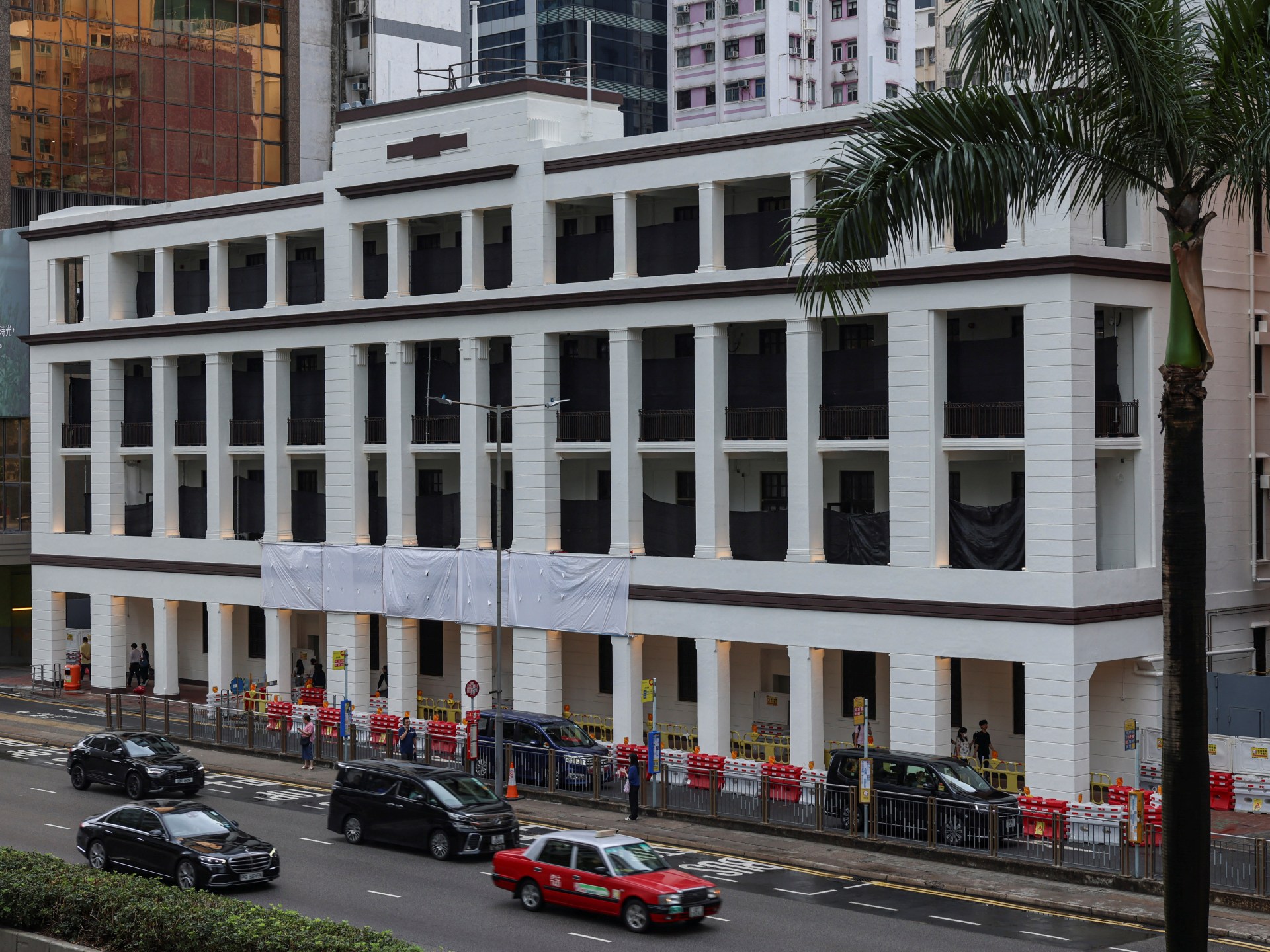In a ceremony presided over by Wang Yi, the Chinese minister of foreign affairs, the Convention on the Establishment of the International Organization for Mediation (IOMED) was signed into law on Friday in Hong Kong.
Representatives from several nations, including Indonesia, Pakistan, Laos, Cambodia, and Serbia, were present at the ceremony. According to Hong Kong’s RTHK public broadcaster, representatives from 20 international organizations, including the UN, were also present at the ceremony.
The body’s jurisdiction, according to a video shown at the signing ceremony, would include cases involving international private entities, international organizations, and disputes between nations.
In an effort to strengthen Hong Kong’s position as a top global mediation hub, Beijing intends to establish the city’s waning international reputation.
The “world’s first intergovernmental international legal organization dedicated to resolving international disputes through mediation” was described in an un-bylined opinion piece published in China’s state-run Global Times newspaper.
According to the statement, IOMed would address a “critical gap in mechanisms devoted to mediation-based dispute resolution.”
The establishment of the International Organization for Mediation is a milestone in international governance, it continued, citing the importance of “amicable way” to resolve disputes.
The ICJ, the UN’s main judicial body, is currently the most effective means of resolving legal disputes between member states in accordance with international law. Additionally, it offers legal advice on matters that UN bodies have referred to it.
This week, Hong Kong’s CEO, John Lee Ka-chiu, claimed that IOMed’s status would be comparable to that of the Permanent Court of Arbitration in The Hague and the ICJ.
Lee added that it would encourage Hong Kong’s “substantial” economic benefits and employment opportunities as well as stimulate various industries, including hospitality and transportation.
After more than a century and a half as a British colony, Hong Kong’s economy has stagnated steadily since being handed back to Chinese rule in 1997.
Beijing’s increasing influence over all facets of the territory’s life, including the economy, has stifled investor confidence, and there is still lingering gloom about China’s post-pandemic recovery.
Hong Kong’s Justice Secretary Paul Lam stated in an opinion piece that the country would benefit from having its problems “de-internationalized and de-functionalized” it in a report published in the South China Morning Post.
In response to China’s model of government, which claims to grant it a level of autonomy, Hong Kong needs to make good use of the IOMed headquarters as a focus for strengthening the city as an international dispute resolution center.
Source: Aljazeera

Leave a Reply